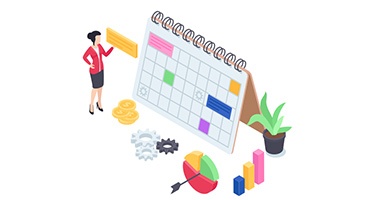In today’s world, data drives so much for nonprofit organizations. Whether it’s to improve member retention with greater personalization or target areas to improve in your member experience, understanding the habits of your members and supporters is vital.
Business intelligence (BI) is the process of making sense of that data to identify trends, predict outcomes and inform decisions at the highest level. For the nonprofit sector – where being able to accurately forecast donation patterns or make more predictable membership renewal is always a key focus – business intelligence has the potential to completely transform how organizations operate.


 Business intelligence brings several benefits to nonprofit organizations – in a nutshell, it gives you the ability to predict where your organization will be in the future, as well as minimize potential business risk by mapping trends and providing more predictability.
Business intelligence brings several benefits to nonprofit organizations – in a nutshell, it gives you the ability to predict where your organization will be in the future, as well as minimize potential business risk by mapping trends and providing more predictability. Despite the potential that business intelligence has to transform how organizations operate, several challenges often hold nonprofits back from implementing it themselves.
Despite the potential that business intelligence has to transform how organizations operate, several challenges often hold nonprofits back from implementing it themselves. As business intelligence becomes such a crucial component of nonprofits and other organizations, it’s no surprise that providers like Salesforce are investing heavily in developing their tools.
As business intelligence becomes such a crucial component of nonprofits and other organizations, it’s no surprise that providers like Salesforce are investing heavily in developing their tools.





